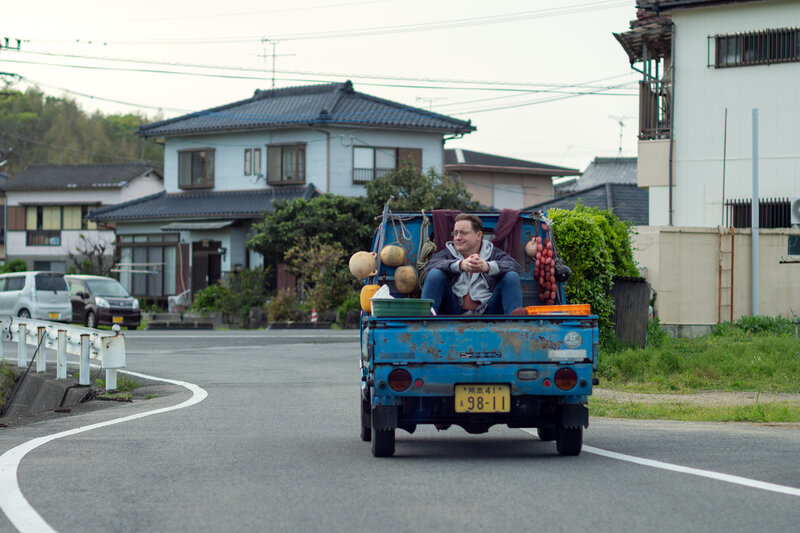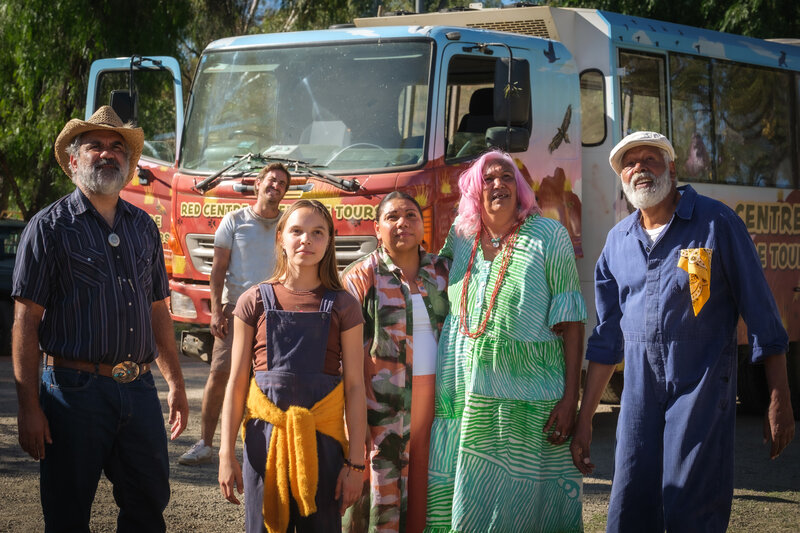You may know Armando Iannucci from his biting satires of British and American politics via In the Loop and Veep respectively. His latest political spoof, The Death of Stalin, explores the events surrounding the passing of appalling Soviet leader Josef Stalin. But far from being a history lesson, the film resonates with contemporary relevance.
 In a recent interview, Iannucci was quoted as saying The Death of Stalin was “about 50 per cent true”. That seems about right. From my (admittedly limited) research, most of the events depicted in the film happened – but many took place over a different time frame or in a different way. Iannucci lightens the mood from grim reality; and many of the characters have been “sharpened”.
In a recent interview, Iannucci was quoted as saying The Death of Stalin was “about 50 per cent true”. That seems about right. From my (admittedly limited) research, most of the events depicted in the film happened – but many took place over a different time frame or in a different way. Iannucci lightens the mood from grim reality; and many of the characters have been “sharpened”.
It’s early 1953 and Stalin (Adrian McLoughlin) is still enthusiastically prosecuting the Great Terror, with the able assistance of secret police chief Lavrenti Beria (Simon Russell Beale). But a sudden heart attack at his dacha outside Moscow sees the aging leader in a coma. Although he’s not yet dead, things aren’t looking good. Almost immediately, Politburo leaders start jockeying for position. Stalin’s number 2 is the ineffectual Georgy Malenkov (Jeffrey Tambor); but he’s not a popular choice. Scheming Nikita Khrushchev (Steve Buscemi) begins working the numbers. He deftly plays Malenkov, Khrushchev and former foreign minister Vyacheslav Molotov (Michael Palin) off against each other. When the inevitable comes to pass, arrangements need to be made for the state funeral. This brings Stalin’s hard-nosed daughter Svetlana (Andrea Riseborough) and alcoholic son Vasily (Rupert Friend) to Moscow. But the funeral won’t stop the plotting.
Of course, The Death of Stalin isn’t really about Soviet-era power struggles. It’s about how those in power connive to stay in power. It’s a lesson in human greed and vanity. And Iannucci’s point it that it isn’t confined to dictatorships. In democracies too, these Machiavellian games play out. They may end more civilly in Britain or the US or, yes, Australia; but it’s ultimately more a question of degree. The behaviour is the same; it’s just that the outcome is (slightly) less brutal.
Wearing his director’s hat, Iannucci keeps the film ticking over. Wearing the screenwriter’s hat (along with David Schneider and Ian Martin), he injects a kind of ghoulish glee into it. His film is very funny at times. It’s one of those films where you find yourself laughing even as you’re cringing.
Steve Buscemi plays Khrushchev like a character from Boardwalk Empire, and it certainly suits. He gets many of the film’s best lines – and makes them work via his deadpan delivery. Simon Russell Beale is a perfect foil as the odious Beria. Jeffrey Tambor gives a fine performance as the clueless Malenkov. Michael Palin has more limited opportunities, but makes the most of them as the largely sympathetic Molotov.
I loved The Death of Stalin, but it won’t be for everyone. Sticklers for historical accuracy will not be happy with the liberties it takes. Also, those who aren’t familiar with the machinations of the Soviet regime may struggle to follow the plot. But if you have any kind of interest in politics, this is definitely the film for you.
Director: Armando Iannucci
Cast: Steve Buscemi, Simon Russell Beale, Jeffrey Tambor, Michael Palin
Release Date: 29 March 2018
Rating: M
David Edwards
Other reviews you might enjoy:
- British Film Festival 2017 – movie feature
- Lean on Pete – movie review
- My Friend Dahmer – movie review

David Edwards is the former editor of The Blurb and a contributor on film and television





